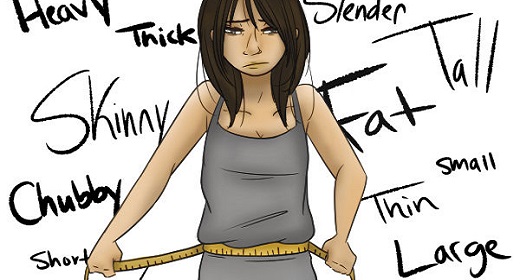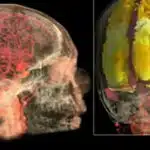by Marnie McGann: Milton H. Erickson, MD, was a psychotherapist 50 years ahead of his time. 
An immensely creative and prolific storyteller, he used narrative, anecdotes, one-liners, and analogies as a way to reach both the conscious and unconscious mind. He also knew the power of words and used particular ones as tools for induction and hypnosis.
In a recent New York Times Riff column, author Steve Almond discusses what he believes is a broad cultural shift from talk therapy to writing and narrative as the “dominant mode of personal investigation.” He talks of the “ancient pleasures and virtues of storytelling” and is weary of pharmacology, which he says has pushed psychotherapy onto the back burner. And he infers that social media is flat and cold compared with a real “flesh-and-blood community of writers;” that many are choosing narrative “over the emotional fragmentation of the digital age.”
Writing workshops, trade shows, conferences, and college writing programs have risen dramatically in numbers, but Almond also admits people still want to talk and be listened to in therapy.
It’s interesting to note that Milton Erickson understood narrative did not have to be mutually exclusive with therapy, and successfully weaved stories and anecdotes into his sessions. So rather than making a choice between therapy and writing, one might instead consider continuing to write, but also seeking out an Ericksonian practitioner when another good story might help.
Here’s a quote from Experiencing Erickson (Zeig, 1985): “Anecdotes, one-liners and analogies do not merely energize therapy and make ideas memorable; they are also used to guide associations. Problems are often caused by preconscious associations. If problems are generated at the level of associations, it often is at that level that they can best be changed. Anecdotes can be used to help reassociate the patient’s internal life. Merely talking about a situation is not necessarily therapeutic.”

















































